Good morning, it’s Tuesday, August 19th. In today’s news, Ottawa pushes ahead with its costly gun buyback program, the CRA is poised to seize sweeping new powers over Canadians, Nova Scotia’s $25,000 hiking fines expose a two-tier system, Mexico faces its deadliest year yet in the cartel wars, and much more.
First time reading the daily blend? Sign up here.
Carney’s Gun Buyback: A $742 Million Scam That Won’t Stop Crime
The Liberal government is once again dusting off its long-promised gun buyback scheme — a program that has already swallowed millions in taxpayer dollars and will do nothing to reduce violent crime in Canada. Public Safety Minister Gary Anandasangaree says the “final stages” of the buyback will be complete by 2026, after already missing multiple deadlines. But Canadians should ask the obvious question: what exactly is this supposed to accomplish?
The truth is simple. The overwhelming majority of guns used in violent crime in Canada are not legally purchased and owned. They’re smuggled in, stolen, or trafficked through the same underground networks that flood our streets with fentanyl and other contraband. Ottawa can buy back every “assault-style” rifle from law-abiding gun owners, and it won’t make a dent in the gang shootings tearing through Toronto, Vancouver, or Montreal. It’s security theatre — an expensive performance designed to make the government look tough while leaving actual criminals untouched.
And let’s talk about cost. Public Safety Canada pegs the program at $742.5 million, but even that number is soft. Estimates of how many firearms Ottawa hopes to seize vary wildly — from 100,000 to 500,000 — and no one can even say for sure how many are actually out there. That’s not policy. That’s a blank cheque written on the backs of taxpayers who already pay more in taxes than they do for food, housing, and clothing combined.
The first phase of the program collected a measly 12,000 guns from businesses, at a cost of $22 million. That’s nearly $2,000 per firearm, money that could have gone toward real public safety measures — hiring police officers, funding gang prevention, or expanding border enforcement. Instead, Ottawa is pouring resources into disarming people who were never a threat to begin with.
Meanwhile, provinces like Alberta and Saskatchewan are right to resist. Why should their residents bankroll a program that punishes legal gun owners while doing nothing to curb illegal firearms? The government’s refusal to even consider alternatives like grandfathering existing owners shows this isn’t about safety — it’s about ideology.
After five years of delays, ballooning costs, and zero results, Canadians deserve to call this what it is: a wasteful distraction. The Carney government should scrap the buyback and focus on the real sources of violence — organized crime, illegal trafficking, and border security — instead of turning lawful citizens into scapegoats. Source.
CRA to Be Granted Excessive Powers Over Canadians While Ottawa Drowns the Nation in Debt
The Canada Revenue Agency is preparing to escalate its control over Canadians, this time with new audit powers designed to impose bigger fines, threaten perjury charges, and effectively silence objections. These changes aim to “improve efficiency,” but for anyone who has ever been audited, this is bureaucratic abuse dressed as reform. If you challenge the CRA, you’ll face a maze of offices passing blame, escalating penalties, and no real accountability. The result: Canadians overpay, stress mounts, and trust in the government erodes.
Specifically, the proposed amendments to the Income Tax Act will:
Increase penalties and fines for failing to comply with audit procedures exactly as prescribed, even if the taxpayer is already compliant.
Empower auditors to levy perjury charges for documentation disputes, putting Canadians at risk of criminal liability for bureaucratic errors.
Centralize control under a digital compliance system, reducing opportunities for taxpayers to challenge or appeal decisions efficiently.
Shorten response timelines and limit procedural safeguards, meaning Canadians will have less recourse and more pressure to pay immediately, regardless of fairness or accuracy.
These changes are hitting Canadians because the government bungled the economy during the pandemic, racking up massive debt and then attempting to clean up the mess on the backs of taxpayers. In the process, they expanded the CRA bureaucracy by 48% over the last decade—all while service declined. Rather than owning their mistakes or providing clarity, Ottawa is doubling down, handing the CRA even more “tools” to squeeze citizens under the pretense of reform.
The end result is stark: ordinary Canadians, already burdened by inflation and taxes, will now face harsher audits, bigger fines, and criminal threats if they resist. Meanwhile, the government hides behind claims of efficiency, ignoring the fact that history—and common sense—shows that unchecked bureaucratic power leads to abuse. These amendments are not reform—they are a digital whip, a reminder that in Canada, the taxpayer remains at the mercy of a sprawling, overpowered, and indifferent state that does little more than light your hard-earned money on fire.
Nova Scotia’s $25,000 Fines Expose a Two-Tier System
Nova Scotia is on fire — literally. After months without rain, drought and wildfires have pushed the province to impose one of the strictest bans in its history: no entering the woods, no camping, no fishing, no hiking. The penalty? A staggering $25,000 fine.
Already, at least a dozen fines have been issued. But not to everyone. Homeless encampments in Halifax’s woods remain untouched. Outreach workers have been granted exemptions to continue delivering food and supplies, and the province has admitted it has no intention of enforcing the fines against the homeless population still living rough in forested areas.
On the surface, this looks like compassion — and it is. No one wins by saddling someone in poverty with a ticket they can’t possibly pay. But here’s the problem: that compassion doesn’t extend to ordinary Nova Scotians. If you’re a working-class father who takes his kid fishing, or a hiker who slips past a trailhead, the government threatens to crush you with a penalty so extreme it could ruin your life.
And that’s where the double standard cuts deep. The province knows that a $25,000 fine would devastate the homeless. But how many everyday Nova Scotians can afford it either? How many families can pay what amounts to half a year’s wages without it destroying their financial security? The government applies mercy in one case and mercilessness in the other, as if fairness doesn’t matter.
What this exposes is the selective application of compassion. Officials have carved out a humane exemption for one group, while enforcing the letter of the law against everyone else. It’s not equal, and it undermines trust. If the goal is safety, the rules should be applied with the same recognition that all citizens — rich, poor, or somewhere in between — are human beings with limits.
The deeper issue isn’t whether the homeless should be fined, but why fairness isn’t the guiding principle. Compassion for some, punishment for others — that’s not a wildfire strategy. That’s a two-tier system that erodes faith in the law itself. Source.
Trump Hosts Zelenskyy and European Leaders: Key Takeaways
Trump hosts Zelenskyy and top European leaders to advance Russia–Ukraine peace talks. Here are the key takeaways from their meeting:
Breakthrough on Security Guarantees – Trump offered “NATO-like” security guarantees for Ukraine in a future peace deal, coordinated with the US and Europe. NATO Secretary-General Mark Rutte called it a “breakthrough,” while Ursula von der Leyen and Zelenskyy emphasized its importance.
Cease-fire Not Required for Peace Talks – Trump indicated a cease-fire may not be necessary to start negotiations, suggesting a peace deal could proceed while fighting continues, though European leaders stressed that some pause in fighting would strengthen credibility.
Territorial Discussions – Talks included potential territorial swaps, particularly concerning Crimea and the Donbas region, as part of a broader peace deal. Zelenskyy flagged territorial issues as sensitive subjects for a future trilateral summit with Putin.
Friendlier Tone With Zelenskyy – Unlike their contentious February meeting, Trump and Zelenskyy met cordially, exchanging smiles and handshakes. Mutual respect prevailed, and Zelenskyy thanked Melania Trump for her letter to Putin advocating for children’s safety.
Trilateral Meeting on Horizon – Plans for a summit between Trump, Zelenskyy, and Putin are being explored. European leaders, including Keir Starmer, Macron, and Merz, supported the idea, viewing it as the logical next step toward ending the war.
The meetingshighlighted strong transatlantic cooperation on Ukraine, signaling renewed hope for progress toward ending the war. More
Mexico Descends into Chaos: Cartel War Sparks Deadliest Year Yet
Since the capture of Sinaloa Cartel leader Ismael “El Mayo” Zambada in July 2024, violence in Mexico’s Sinaloa state has surged over 400%, sparking an internal cartel war that has disrupted daily life and forced businesses to close. August 10, 2025, marked the state’s deadliest day, with 17 homicides in 24 hours. Urban areas like Culiacán now face constant shootouts, while authorities struggle to contain the chaos, leaving Sinaloa as the weak point in Mexico’s security strategy and setting 2025 on track to be one of the deadliest years in the state’s history. More
Charity Casino at CNE Fined $199K for Violating Federal Anti-Money Laundering and Terrorism Finance Law - The CNE Casino denies that it has committed any violation of the Proceeds of Crime Act or its regulations. More
Kenyan Politician Warns of China’s ‘Economic Invasion,’ Links Belt and Road to Corruption and Activist Kidnappings - More
Gunpowder Plant Blast Near Moscow Leaves 24 Dead, 150 Wounded - According to the Russian social media, citing their sources in law enforcement, the blast was allegedly triggered by a rogue shell detonation. More
Trump Says Lawyers Are Drafting Executive Order to End Mail-In Voting - Trump is also targeting “Highly ‘Inaccurate,’ Very Expensive, and Seriously Controversial VOTING MACHINES.” More
Pakistan Defends Its Flood Response, Says Foreign Help Not Needed as Death Toll Tops 270 - Authorities have warned of more deluges and possible landslides in coming days. More
Son of Norway’s Crown Princess Charged with 32 Offences, Including Rape—Facing 10 Years in Prison if Convicted - More
Air Canada Strike: Union Defies Back-to-Work Order—“If It Means Jail, So Be It”
The Canadian Union of Public Employees (CUPE), representing Air Canada flight attendants, says it will continue striking despite a back-to-work order from the Canada Industrial Relations Board (CIRB) declaring the walkout “unlawful.” CUPE National President Mark Hancock emphasized the union’s commitment, saying members will stay strong even if leaders face fines or jail.
The strike, which began Saturday, has led to roughly 940 cancelled flights and affected an estimated 500,000 passengers. Air Canada has suspended its financial guidance for the year, while the federal government, including Prime Minister Mark Carney and Jobs Minister Patty Hajdu, has called for a swift resolution. Labour groups across Canada have voiced support for CUPE, warning of coordinated action if the government intervenes further. More
Report: 1.4 Million Canadians Missed a Credit Payment in the Second Quarter - More
Federal Government-Imposed “Airport Rent” is Pushing Up Canadian Plane Ticket Prices - Airports paid a record $494.8 million in federal rent last year, mainly Toronto Pearson, Montreal-Trudeau, and Vancouver International. These fees, based on gross revenue and sometimes topping 12%, are passed on to travelers. More
Court Upholds Nearly $1 Million Fine Against Restaurant That Defied COVID-19 Pandemic Order - More
Million-Year-Old Stone Tools Unearthed in Indonesia Challenge Human Evolution Timelines
Researchers have uncovered stone tools on Sulawesi dating back at least 1.04 million years, showing that early humans crossed dangerous seas far earlier than thought. The discovery, led by Griffith University and Indonesia’s BRIN, reveals that hominins were making tools on the island during the Early Pleistocene, though their identity remains unknown. While evidence from nearby islands suggests Homo erectus may have made the crossing, no fossils have been found at Sulawesi to confirm this. The find deepens the mystery of how ancient humans spread across Southeast Asia and evolved in isolation. More
It's Official: NASA Is Giving Up on Climate Change Science - The National Aeronautics and Space Administration will, once again, just focus on space exploration. More
MLB Commissioner Eyes League Expansion and Geographic Realignment
MLB Commissioner Rob Manfred has plans to expand the league to 32 teams and realign divisions geographically to reduce player travel and improve playoff scheduling. Speaking during ESPN’s “Sunday Night Baseball,” Manfred said expansion could benefit West Coast broadcasts and create a more appealing postseason format. He aims to have the locations for two new teams selected by his planned retirement in 2029, likely one in the Eastern time zone and one in the Mountain or Pacific zones, though no official cities have been confirmed. The league last expanded in 1998 with the Diamondbacks and Rays. More
Jasveen Sangha, the ‘Ketamine Queen’ Who Sold Drugs that Killed Matthew Perry, Accepts Guilty Plea in Connection to Actor’s Death - She faces up to 45 years in prison across all charges, though it is unclear if her terms would be served consecutively or concurrently. More
Tomorrow’s Golf League (TGL) Set to Launch Season 2 on December 28th From the SoFi Center in Florida - More
Cincinnati Open Final: Jannik Sinner Retires With Apparent Illness in First Set vs. Carlos Alcaraz While Trailing 5-0 - More
China Nears Completion of World’s First Humanoid Surrogate Robot, Raising Major Ethical Concerns
Cambridge Dictionary Adds ‘Skibidi,’ ‘Delulu,’ and ‘Tradwife’ Among 6,000 New Words
Happy National Potato Day! Potatoes aren’t just one of my favourite foods—they saved humanity. When potatoes arrived in Europe in the 1500s, they became the crop that fed booming populations, fueled the Industrial Revolution, and kept entire nations from starving. Without them, tens of millions more would have died in famines—and history itself might have unfolded very differently. 🥔







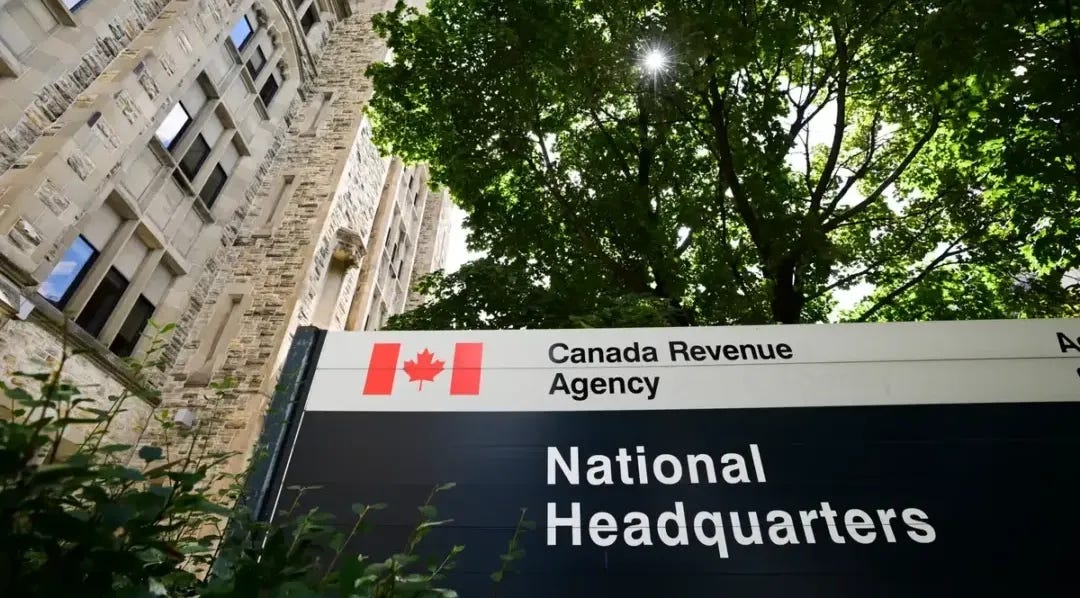
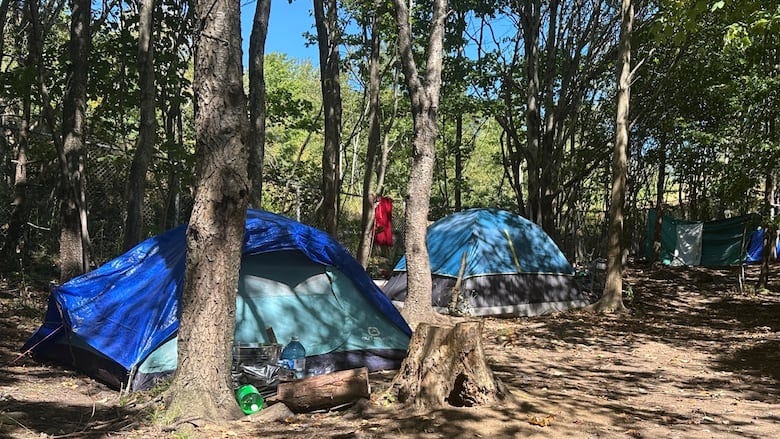


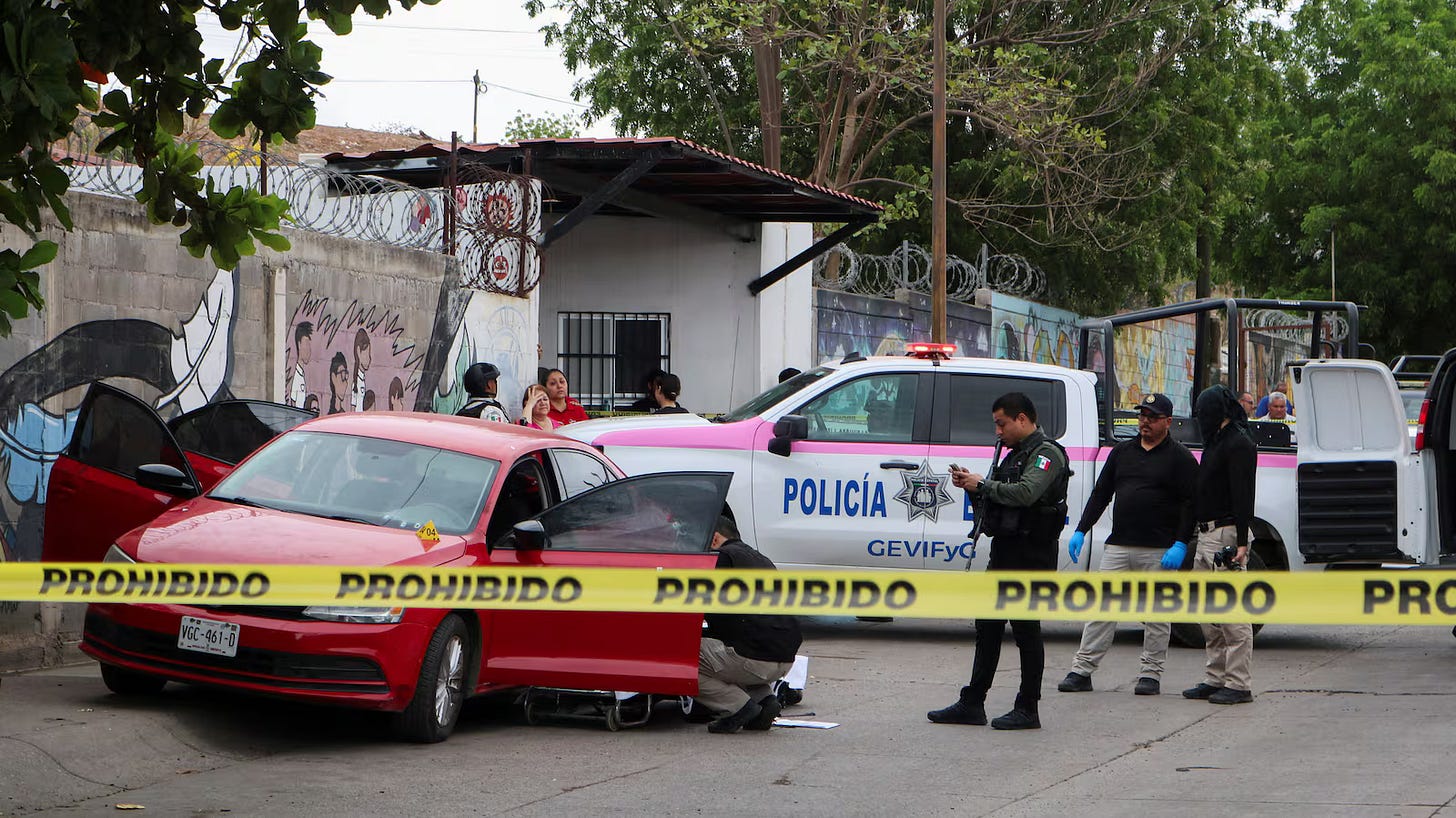

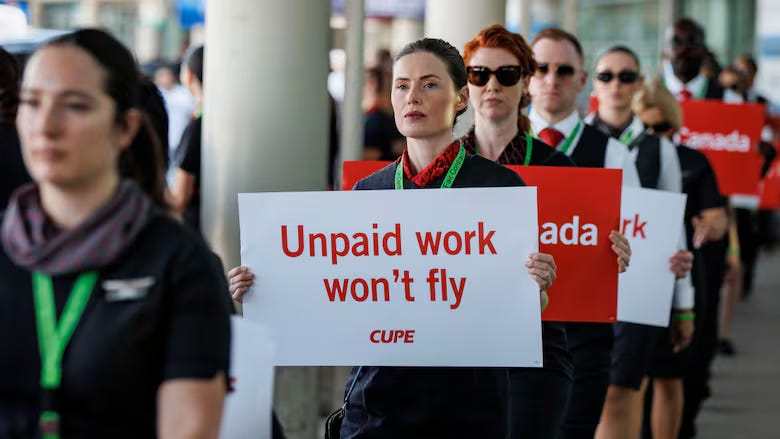



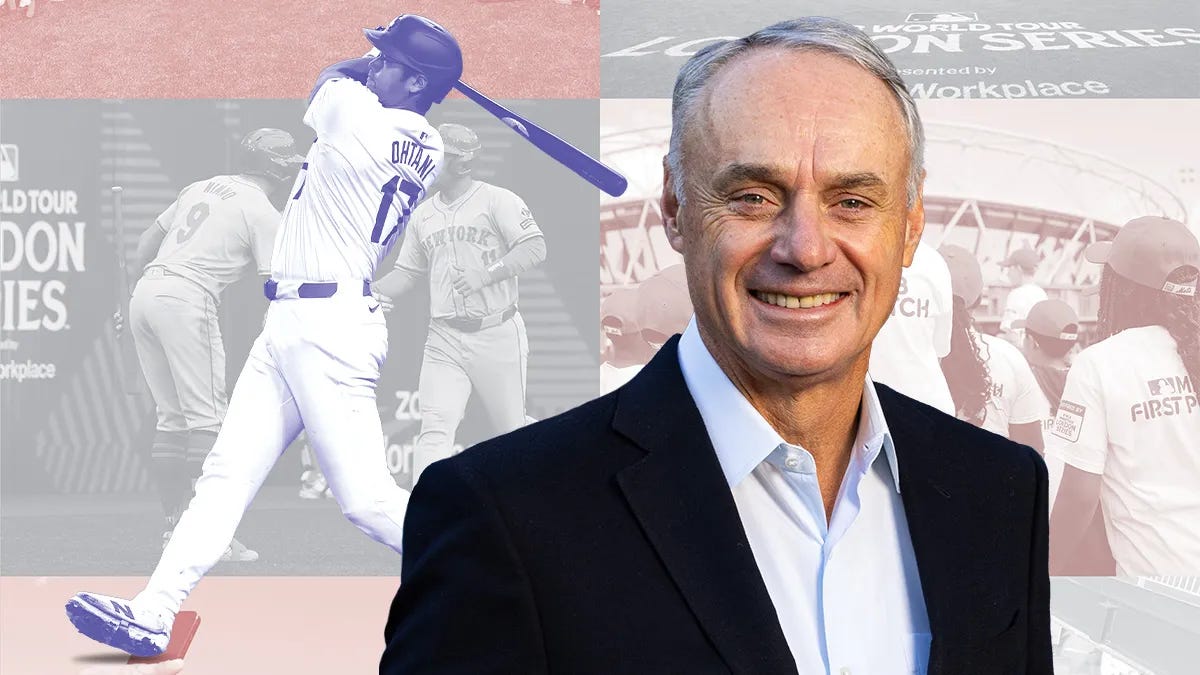

ICAIE Report: Colossal scale of international cartel/triad crime in Canada https://www.youtube.com/watch?v=Pk5Mu_TMVIg
https://forbiddenknowledgetv.net/chief-shawn-taylor-w-nino-bombshell-new-money-laundering-evidence/